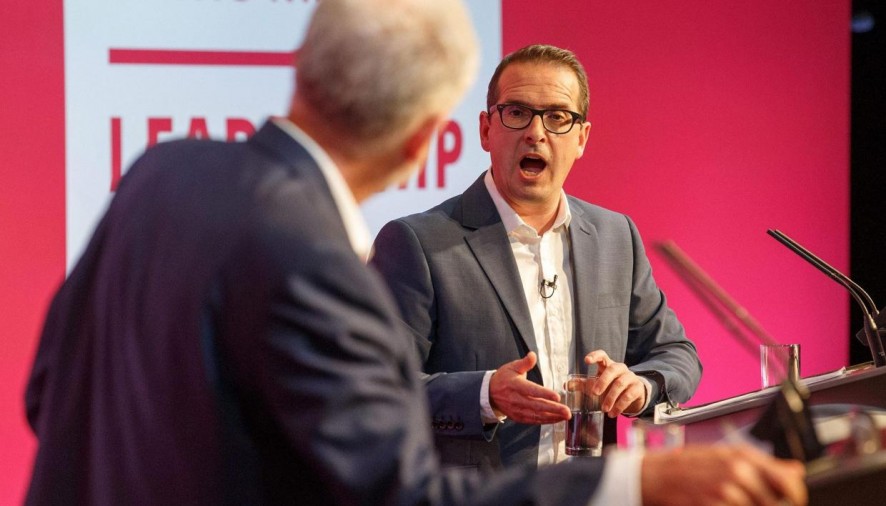After consolidating his position following re-election, Jeremy Corbyn will be the man leading Labour into the next General Election. Buoyed by an even greater margin of victory, he and Shadow Chancellor John McDonnell unveiled their vision for Britain with an ambitious £10-per-hour living wage and proclaimed their belief in an interventionist economic policy. Nowadays however, one can’t help but feel that any policy pledges made by Labour are a mere side act to the perpetual circus that is Jeremy Corbyn and his followers.
On an almost weekly basis, the MP for Islington attends political rallies where he is met with rapturous applause and celebration. We might ponder over the usefulness of such rallies. The Conservatives held fewer than 5 public rallies under David Cameron, they have also been in power for 6 years, and in all probability they will govern for much longer. This epitomises the Labour stance under Corbyn. It is hard left hot air that resonates with trade unionists, students, and those who think Tony Blair is the worst war criminal in history. The problem is that ideology and sincerity (and I do not doubt Mr Corbyn’s sincerity) do not win elections. In today’s world, one must be calculating, exploitative and pragmatic to assume power. Tony Blair recognised this all too well, as his election performances attest to. It is regrettable how the left has attempted to whitewash his domestic record.
Furthermore, Centrism or left of centre have now incorrectly become synonyms of Blairism, in turn affiliating anyone who is remotely near the centre ground with the more odious aspects of Tony Blair’s premiership. The Iraq war was not a centrist policy, but other substantial successes were undoubtedly spawned from left wing ideals adapted to fit a modern nation state. During the Blair years, millions of children and pensioners were relieved from poverty through tax credits and social welfare. These are the kind of things possible with a Labour leader in power and such successes must not be ignored simply because they are the fruits of a now reviled figure.
The success behind Tony Blair’s successive elections are not obscure complexities, they are strikingly obvious: positioning one’s self in the middle ground. The country does not have the appetite for far left politics, but that is not to say that it cannot embrace certain left wing ideals. This is the greatest difference between the two men: the recognition that modern politics is not all about ideology. It is much more about appeal across the whole political spectrum. The left in Britain today has become a protest group rather than a threat to the incumbent. Until this changes we will continue to feel the effects of a Conservative Party with a free pass enforcing a programme of unnecessary austerity affecting the most vulnerable in our society.
George Mathias
(Image courtesy of The Independent)

